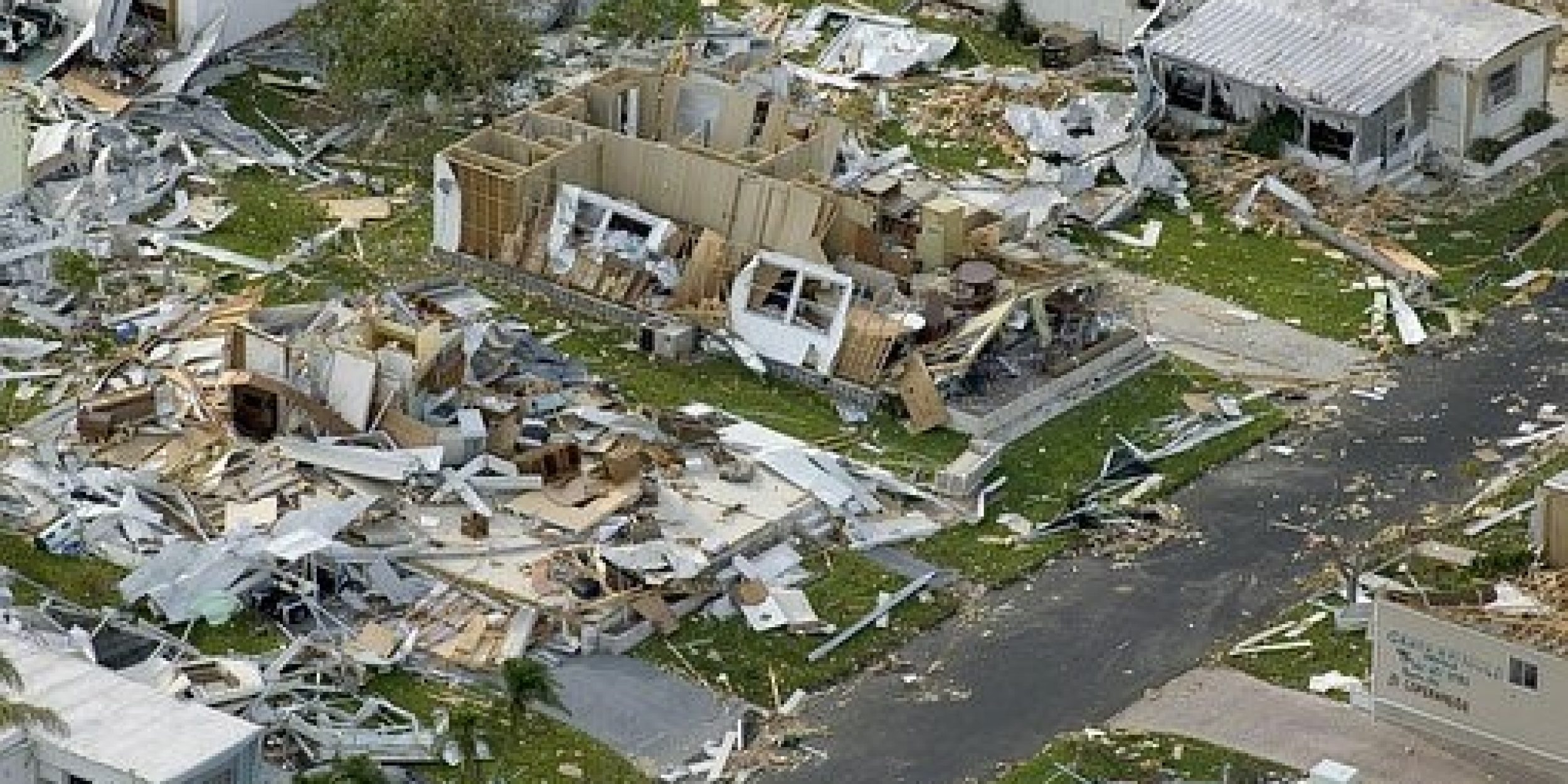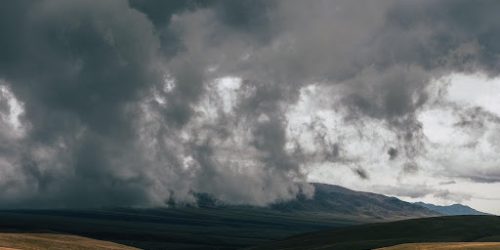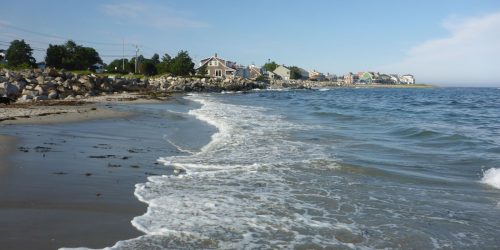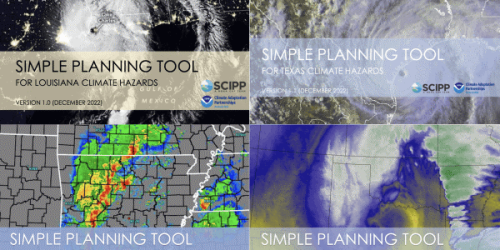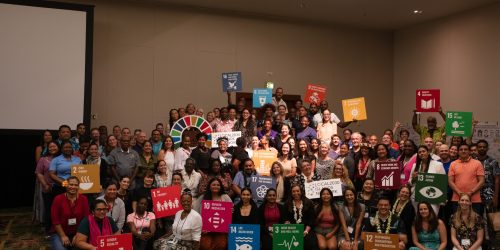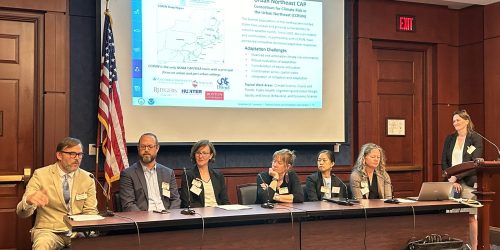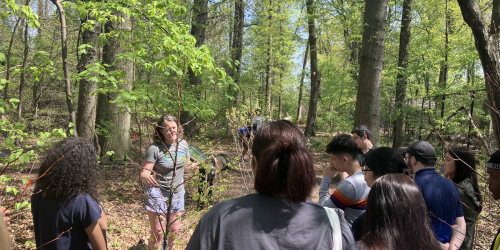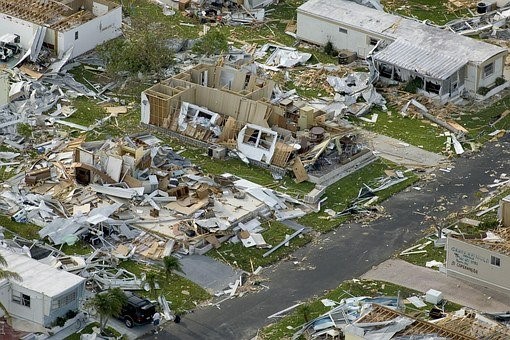

Social vulnerability and resilience indices identify populations who are at risk from hazards in order to guide policy to build resilience. In a new study in Climatic Change, the Consortium for Climate Risk in the Urban Northeast (CCRUN), a CPO Regional Integrated Science and Assessments (RISA) team, identifies which common indicators reflect social vulnerability and resilience to coastal, storm-driven flooding in urban areas, focusing on low-rise housing, which is the most prone to flooding damage. The study is based on primary data that document the impacts of and recovery from Hurricane Sandy in New York City and was supported by CPO’s Coastal and Ocean Climate Applications (COCA) program.
The authors constructed measures of vulnerability and resilience that are independent of proposed indicators and used regression analysis to investigate which indicators influence these measures.
The analysis mentions five significant findings:
- Middle- and low-income homeowners are less financially resilient than are poorer renters. The recovery cost middle- to low-income homeowners 2.4 times their annual per capita incomes, while renters paid out about half of their per capita incomes. Resilience increases with income but depends on ownership of assets that are at risk.
- Disabled and/or chronically ill residents are more vulnerable and less resilient by many outcome measures.
- Non-white households experience longer disruptions of access to food.
- Information, hazard-specific capacities of community groups, and pre-hazard access to services such as food and health care are important indicators of vulnerability and resilience.
- The evidence that other commonly proposed indicators are correlated with independent measures of vulnerability and resilience to flooding is weak.
The study yields hypotheses for further research on how relevant indicators differ across hazards and contexts. This research is part of the Northeast RISA’s cross-cutting research on the social dimensions of adaptation and can help contribute efforts to address environmental and climate justice. This specific study was supported by multiple funding sources, including CPO’s COCA program, the NOAA Coastal Resilience Networks grant, CPO’s RISA Program, and a NASA Interdisciplinary Research in Earth Science grant.
Learn more about CCRUN’s research on the social dimensions of adaptation »


